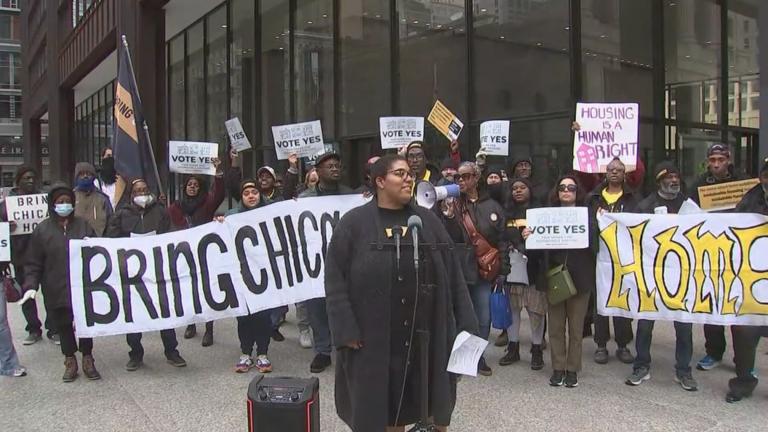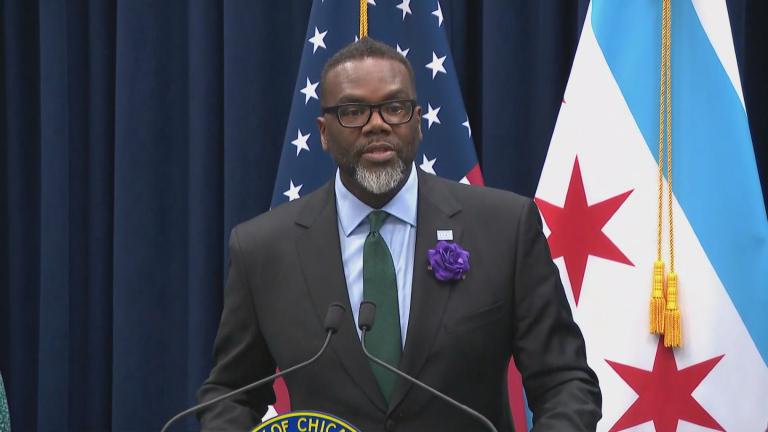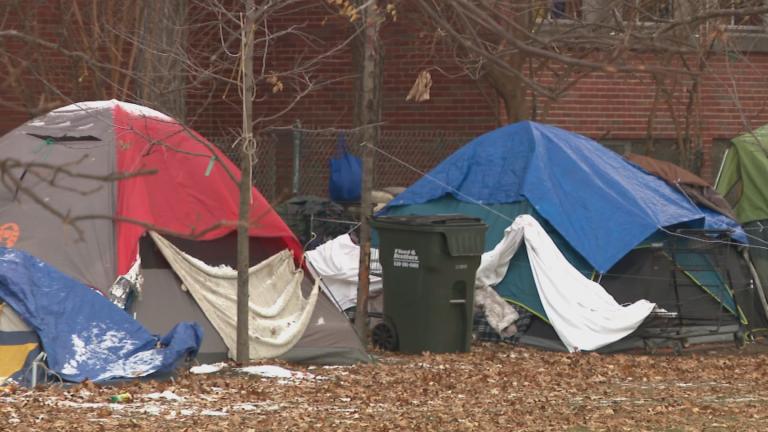Chicago is bracing for a blizzard and dangerously cold temperatures later this week.
That frigid weather also brings specific concerns for the city’s 65,000 homeless people, which is the most recent estimate from the Chicago Coalition for the Homeless.
Homelessness is something cities across the country are grappling with. Last month, New York City began involuntarily removing and hospitalizing those with mental illness living on the streets. Last week, Los Angeles declared a state of emergency over its homeless crisis.
On Monday, President Joe Biden unveiled his plan to cut homelessness by 25% by 2025. While the president is promising federal aid to help solve the crisis, advocates for the homeless argue there are local strategies that must be implemented as well.
“There is still a lot we can do at the local level, like addressing issues of wages, food access, exclusionary zoning, commercial tax policy, etc. …,” says Doug Fraser, executive director of the Chicago Help Initiative, a nonprofit serving the homeless. “We need help, but we can also help ourselves without waiting for someone else.”
One Chicagoan who’s doing what he can to help is Pilsen resident Andy Robledo. He’s been giving away heavy-duty ice fishing tents to homeless individuals for the past year.
“I’ve had ongoing issues with the city over the tents,” says Robledo. “The city was tagging them with warnings that they would be removed within seven days. Sometimes they would just remove the tents without even tagging them. It culminated with us protesting in October in the area at Clinton and Lake where they were removing tents.”
Robledo thought he had reached a resolution with the city and that they would no longer remove the tents. However, today he says another tent in Pilsen, at 16th Street and Union Avenue, was dismantled and removed.
“The city is creating this situation. The mayor opposes the tents but isn’t getting people housing,” Robledo said. “The city wants people to go to a shelter, but they’re full, and the wait lists are long. Plus, a lot of people who’ve been to these shelters don’t want to go back.”







